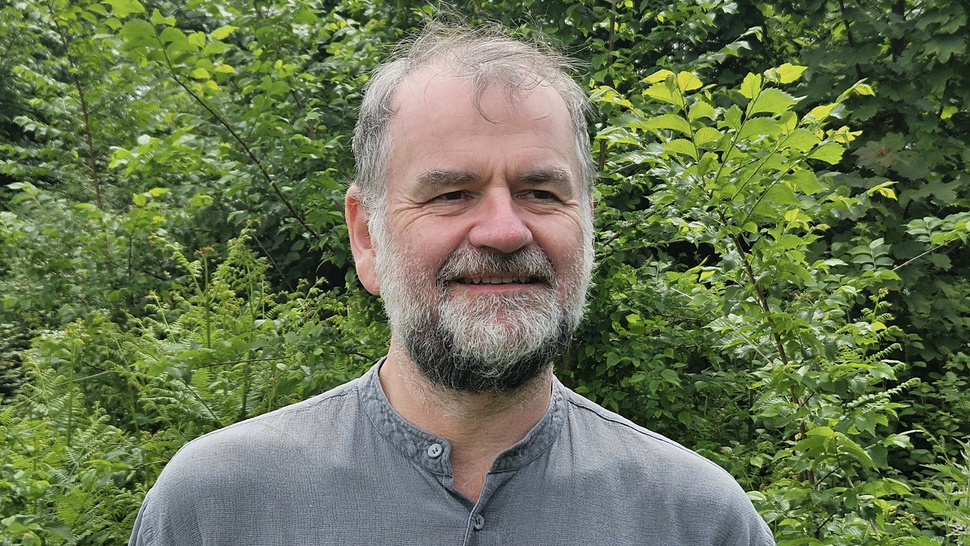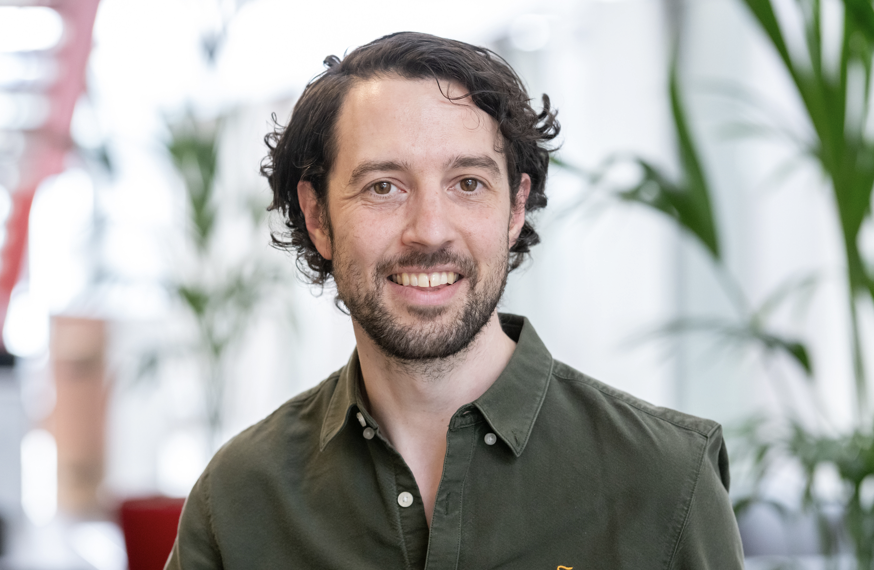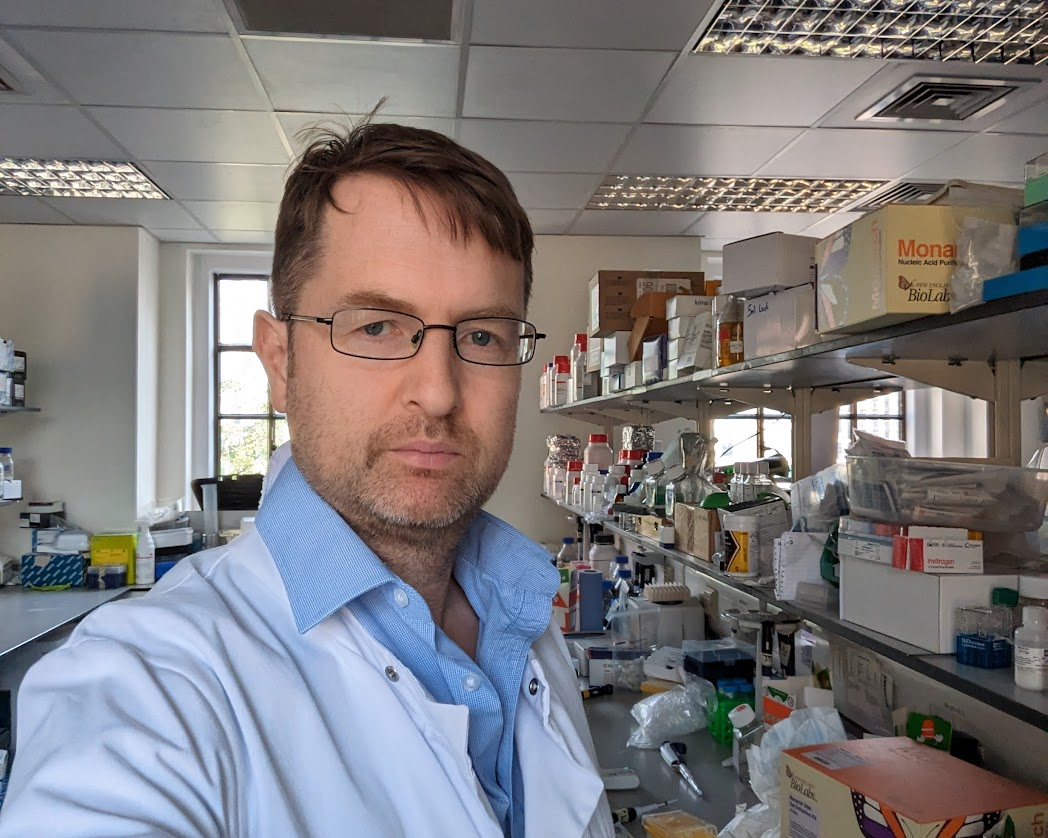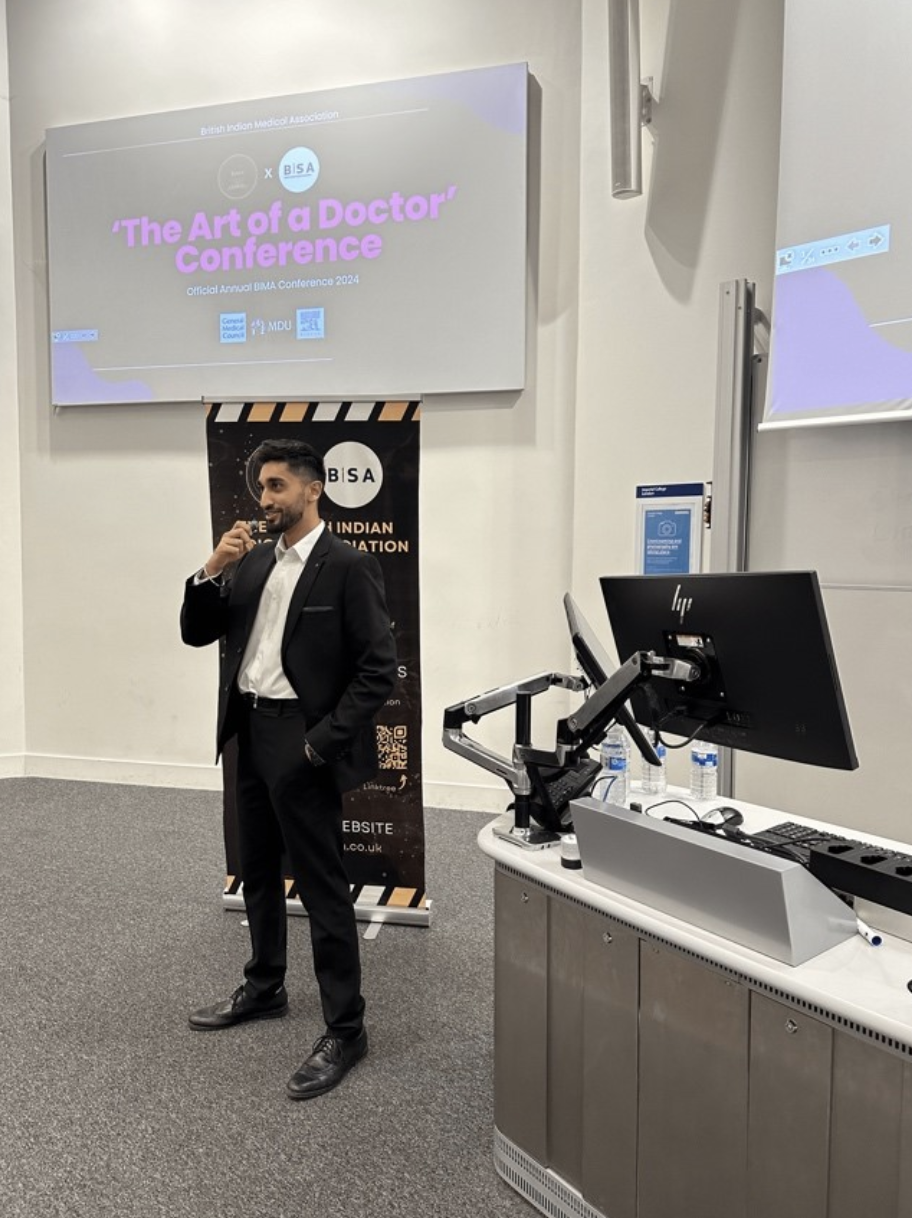
What does a future without tobacco look like — and how close are we to achieving it? On World No Tobacco Day, Professor Nick Hopkinson from the National Heart and Lung Institute highlights recent developments that offer real reasons for optimism. From the UK’s bold Tobacco and Vapes Bill to global momentum behind measures like generational sales bans and filter bans, he explores the policies, progress, and possibilities shaping a smokefree future.
The Tobacco and Vapes Bill is making its way steadily through Parliament and should be on the statute books later this year. This will create a smokefree generation where it will be illegal to sell tobacco to anyone born on or after 1st Jan 2009 – though possession and smoking itself will not be illegal.
The Maldives also has recently passed legislation to introduce a generational sales ban. Meanwhile a new report from the European Respiratory Society sets out clearly that a generational sales ban falls within the competence of EU Member States, so there is no legal bar to other European countries following the UK’s lead.
The Tobacco and Vapes Bill will also extend the government’s powers to regulate all nicotine and tobacco products in relation to packaging, branding, point of sale, ingredients and product design, prohibit all remaining advertising and sponsorship of nicotine products (tobacco itself being already comprehensively prohibited), introduce powers to create retail licencing for nicotine and tobacco products, extend smokefree legislation powers to include outdoor public places, and introduce the ability to designate smokefree areas, as well as increase penalties and enforcement powers. There is a strong theme of future-proofing the legislation to prevent the tobacco industry from developing workarounds.
June 1st sees a ban on the sale of disposable vapes across the UK. This has been introduced on environmental rather than health grounds, and by Department of Environment, Food and Rural Affairs (DEFRA) rather than Department of Health Social Care (DHSC). The impact of this measure on the prevalence of vaping itself will probably be modest, as the industry has adapted rapidly to produce vape devices that are technically reusable but have a similar appearance and will be just as cheap. The planned excise tax, which should set a minimum unit price for vapes, is likely to have more effect, and restrictions set out in the Tobacco and Vapes Bill should substantially reduce the appeal and accessibility of vaping to children and young people, while keeping vaping available as an option for people who want to use it to quit smoking.



 How does a scientist’s journey shape their groundbreaking work?
How does a scientist’s journey shape their groundbreaking work? 


 Final year medical student, Harroop Bola, and Founding Chair of the British Indian Medical Association, which received the Diana Award last year, shares how the association fosters mentorship, education, and leadership for medical professionals from Widening Participation backgrounds. He highlights BIMA’s impactful initiatives, from academic workshops to community support, inspiring the next generation of changemakers in the NHS and global healthcare.
Final year medical student, Harroop Bola, and Founding Chair of the British Indian Medical Association, which received the Diana Award last year, shares how the association fosters mentorship, education, and leadership for medical professionals from Widening Participation backgrounds. He highlights BIMA’s impactful initiatives, from academic workshops to community support, inspiring the next generation of changemakers in the NHS and global healthcare. 

